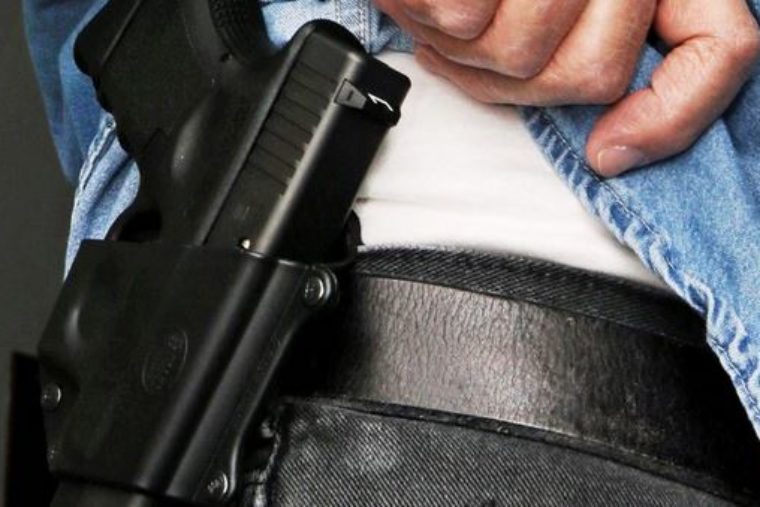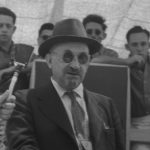From Thursday’s Illinois Appellate Court decision in State v. Penister (nonprecedential):
Penister [argues that his arrest violated the Fourth Amendment because] his possession of a gun did not give Whitlock reason to believe he had committed any offense, because Whitlock had no grounds for concluding that Penister did not have a valid FOID [Firearms Owners’ Identification] card. The State contends that Whitlock had probable cause to arrest Penister because the circumstances showed a substantial possibility of criminal activity….
The State argues that the discovery of the gun gave Whitlock probable cause to arrest Penister, reasoning that “the police were not required to … determine whether he had a valid FOID card or a Conceal Carry Permit prior to effectuating his arrest.” According to the State’s reasoning, an officer has probable cause to arrest anyone engaged in an activity that requires a license, and the officer can wait until after the arrest to determine whether the arrested person has the required license. So any officer can wait outside any courtroom, arrest all persons who acted as attorneys, and find out after the arrests whether the persons had the requisite licenses to practice law. See 705 ILCS 205/1 (West 2016) (unlicensed practice of law punishable as contempt); People v. Flinn, 47 Ill. App. 3d 357, 361 (1977) (“arrest and imprisonment may be imposed for civil contempt of court”). If any officer sees a person driving a car, the officer has probable cause to arrest the driver, and the officer can find out later whether the arrested person has a license to drive.
by Eugene Volokh



